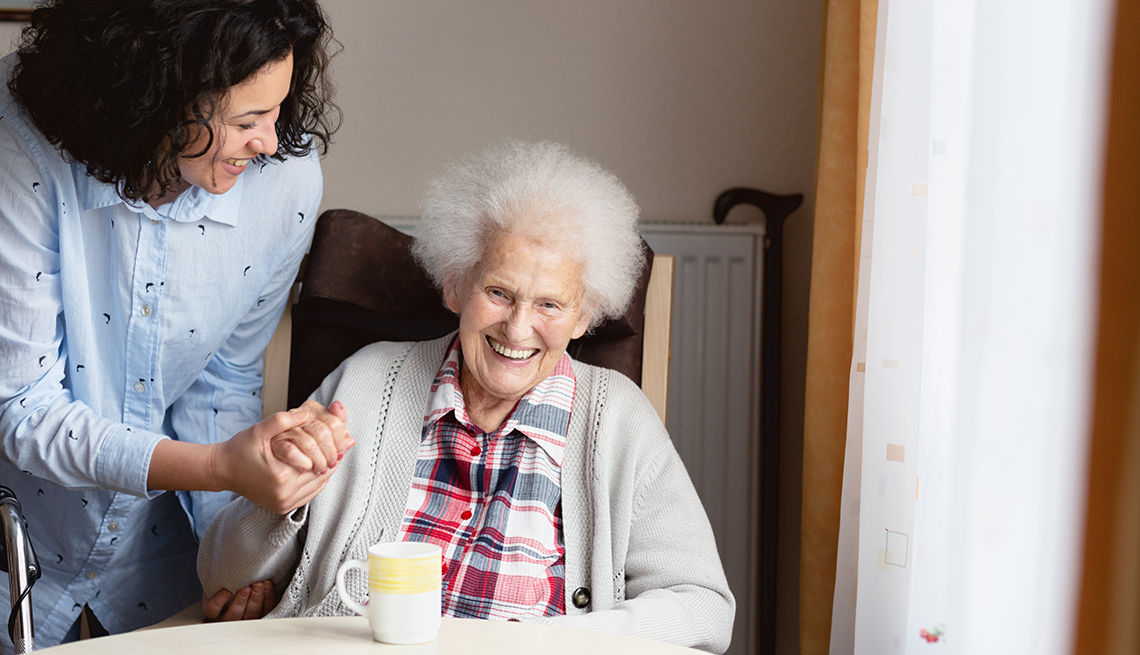Play all audios:
SilviaJansen/E+/Getty Images Facebook Twitter LinkedIn
While most older adults hope or plan to age in place in their own homes or communities, changes in their health and physical abilities often bring housing alternatives into play.
As the population ages, more and more families face this issue. On average, a U.S. adult who reaches age 65 can expect to live for nearly 20 more years, according to a February 2022 report
from the National Center for Health Statistics (NCHS). The federal government estimates that 7 in 10 of them will need some form of long-term care in their lifetime, and 1 in 5 will need it
for more than five years.
Several types of residential communities for older people offer a range of personal and health care services. And care options are available for loved ones who can no longer live fully
independent lives but do not yet need or wish to move into a specialized facility.
Long-term care can be a continuum with needs evolving as loved ones age. This list provides a brief description of common types of long-term care, with links to AARP guides and other
resources so that you can learn more about each type.
In-home careWith in-home care, paid caregivers come into the home to assist with activities of daily living, including grocery shopping, grooming, light housekeeping and meal preparation. Some also
provide help with personal care, such as bathing and toileting.
Caregivers who provide these services usually are referred to as personal care assistants or home health aides (HHAs). They do not perform medical duties, although HHAs can do basic health
care tasks such checking clients’ vital signs and monitoring their mental and physical condition.
Personal care and home health aides can be hired full time or on part-time, flexible schedules, depending on the care recipient's needs and on whether you hire them directly or through an
agency. The median wage nationwide for their services is about $13 an hour, according to the U.S. Bureau of Labor Statistics.
In-home care resourcesAARP Caregiver Resource Center,in-home care guideAARP Caregiver Resource Center, hiring a caregiverAARP Caregiver Resource Center, paying a caregiver Home health agencies
Home health agencies provide medical care in the home for people who need help with more than activities of daily living. Along with personal care, agency staff might provide skilled
nursing; rehabilitative services such as occupational, physical or speech therapy; and routine medical treatment such as administering intravenous drugs, caring for wounds and managing pain.
Home health care is an option when your loved one is not ill enough to be in a hospital — or was in the hospital but has been discharged — but is not well enough to be home alone. It might
be prescribed for patients recovering from an injury, serious illness or stroke, or to help compensate for declines in cognitive or physical function.

